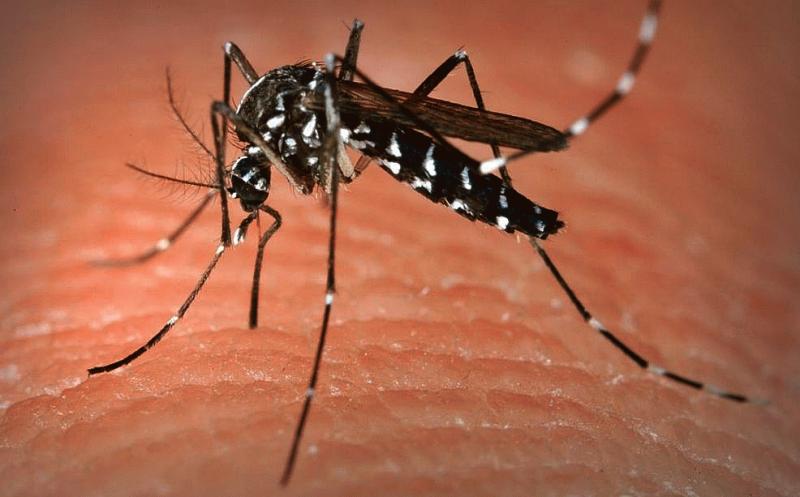Arthur J. Villasanta – Fourth Estate Contributor
Lexington, KY, United States (4E) – The U.S. Environmental Protection Agency (EPA) will unleash tens of thousands of “good guy” mosquitoes in a renewed attempt to wipe out the pernicious Asian tiger mosquito (Aedes albopictus or A. albopictus).
This mosquito transmits many deadly viral pathogens such as yellow fever, dengue fever, Chikungunya fever and Zika that causes to severe birth defects.
EPA has authorized biotechnology start-up MosquitoMate, Inc. based in Lexington, Kentucky to release a bacterium called “Wolbachia pipientis” into the environment as a tool against the Asian tiger mosquito Lab-reared mosquitoes will deliver the bacterium to Asian tiger mosquito populations and other wild mosquito populations.
MosquitoMate willrelease the bacteria-infected “good buy” mosquitoes in 20 U.S. States and Washington DC.
MosquitoMate will rear the Wolbachia-infected A. albopictus mosquitoes in its laboratories. The laboratory males, which don’t bite, will be released at treatment sites.
When these males mate with wild females, which do not carry the same strain of Wolbachia, the resulting fertilized eggs don’t hatch because the paternal chromosomes won’t form properly.
As more of the Wolbachia-infected males are released and breed with the wild partners, the pest population of A. albopictus mosquitoes will dwindle. These male mosquitoes have been given the name “ZAP males.”
Other insects, including other species of mosquito, are not harmed by the practice, says Stephen Dobson, an entomologist at the University of Kentucky in Lexington and founder of MosquitoMate.
The EPA decision excludes much of the southeastern United States, which is home to dense populations of mosquitoes and a long mosquito season, because MosquitoMate did not conduct field trials there.
MosquitoMate plans to begin selling its mosquitoes in Lexington, and will expand from there to nearby cities such as Louisville, Kentucky, and Cincinnati, Ohio. The company will work with homeowners, golf courses, hotels and other customers to deploy its insects, according to Dobson.
Article – All Rights Reserved.
Provided by FeedSyndicate
